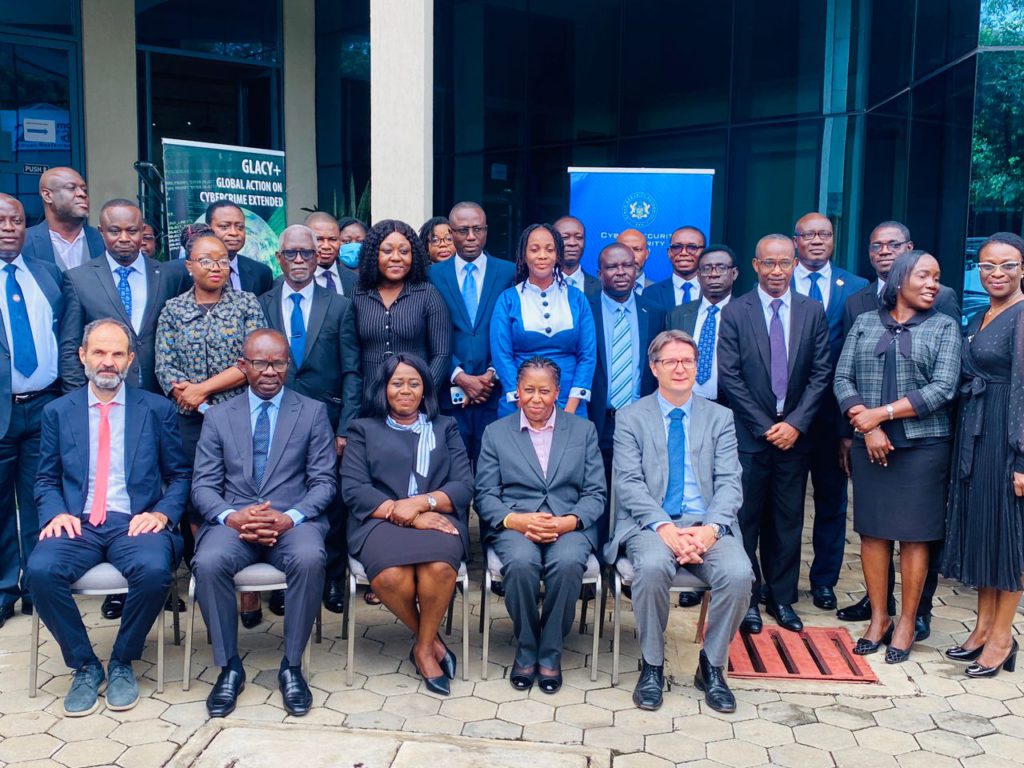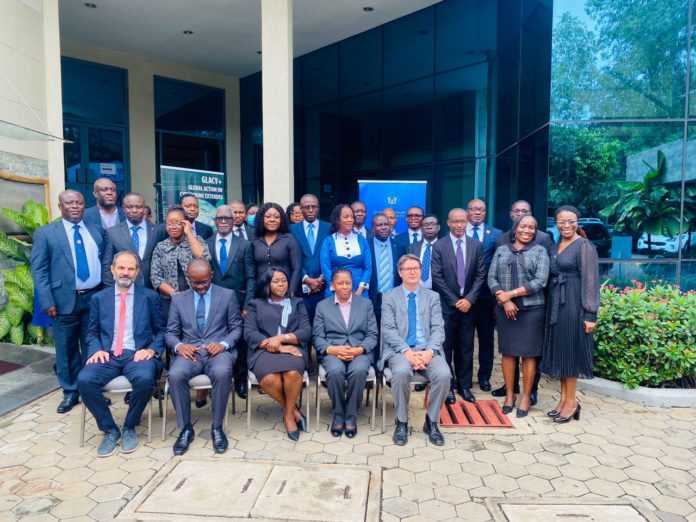In a bid to keep up with the ever-evolving landscape of e-law and to ensure the fair and effective delivery of justice, Chief Justice Gertrude Araba Esaaba Torkornoo has called upon judges in Ghana to double up on digitisation.
The call to action comes as the Cybersecurity Authority hosts a three-day introductory course on cybercrime and electronic evidence for judges, marking a significant step towards a more tech-savvy judiciary.
Chief Justice Torkornoo emphasised that e-law cases now permeate every aspect of human life, necessitating that judges acquire proficient skills in this domain.
During a dedicated training session focused on cybersecurity and electronic law, she urged judges to update their knowledge and skills to ensure a seamless and just legal process.
One poignant revelation is that, despite the rise of digital technologies, Ghana’s court system has been slow to fully embrace digitisation, with a transition that began in 2006 still not fully realized.
However, with new courts under construction equipped for direct transcription, there’s a renewed sense of urgency for the judiciary to adapt to the digital era.

The Chief Justice further urged judges to rise to the occasion and stressed the importance of building the capacity of all stakeholders within the criminal justice sector, which would significantly enhance justice delivery.
Developing a comprehensive understanding of e-law, she noted, is crucial in achieving this goal.
Additionally, Chief Justice Torkornoo encouraged judges to overcome technophobia and move away from traditional methods of handling cases.
She stated that the e-space differs significantly from the manual space and called upon judges to develop new skills and attitudes to navigate the digital world effectively.
The commitment to enhancing the judiciary’s capabilities extends beyond mere words. Dr Albert Antwi-Boasiako, Director-General of the National Cybersecurity Authority, expressed his organization’s readiness to deploy experts to all courts across the country to handle cases involving electronic evidence.
This move aligns with global concerns surrounding the cost of cybercrime, projected to reach an astonishing 8 trillion US dollars, as well as the alarming increase in online blackmail.
Notably, jurisdictional issues surrounding electronic evidence have emerged as a new frontier in the justice system, posing challenges that Ghana’s judiciary is eager to address.
Massimo MINA, Head of Cooperation at the Delegation of the EU to Ghana, expressed support for the sensitization of the judiciary to better prosecute cybercrime.
This commitment underscores the importance of protecting citizens from the growing threat of cybercrime.
The event coincides with National Cybersecurity Awareness Month (NCSAM), highlighting the significance of digital literacy and security in the pursuit of justice.
Ghana’s judiciary is now on a transformative journey, embracing digitisation to ensure justice for all in an increasingly interconnected world.
ALSO READ:


